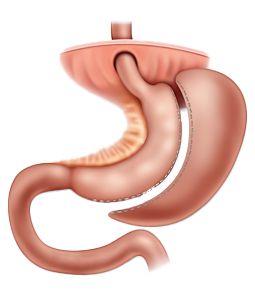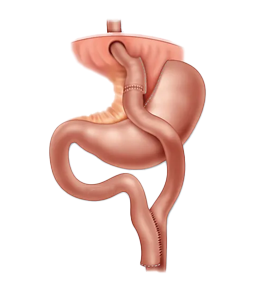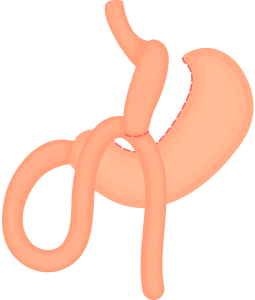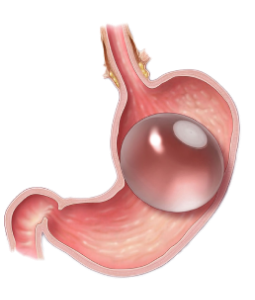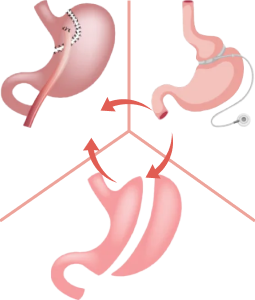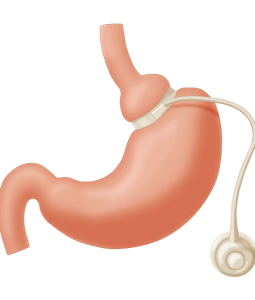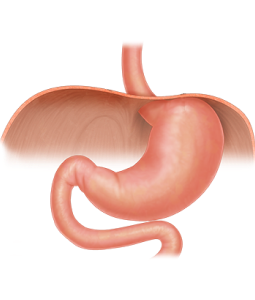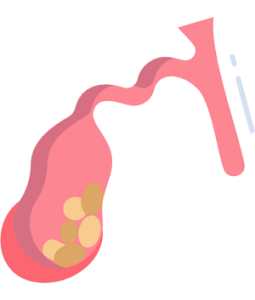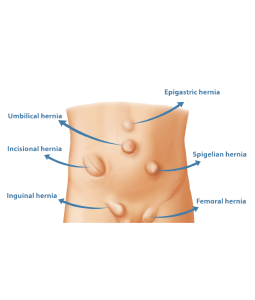A hernia occurs when an organ pushes through an opening in the muscle or tissue that holds it in place. Hernias are common and can affect people of all ages, from infants to the elderly. While some hernias may not cause immediate problems, they generally don't go away on their own and can lead to serious complications if left untreated.
It can significantly impact your daily activities, causing pain during movement and potentially leading to serious complications if left untreated. Our Melbourne-based hernia clinic, led by Dr. Niruben Rajasagaram, specialises in various hernia types, including inguinal, femoral, umbilical, and incisional, providing personalised surgical approaches for each patient's unique condition.
Dr. Rajasagaram, a hernia specialist in Melbourne, has extensive experience in various hernia repair techniques, offering advanced laparoscopic and key hole surgery to ensure optimal outcomes for patients. We aim to offer a compassionate approach to hernia surgery, ensuring you receive the highest level of care and attention.







